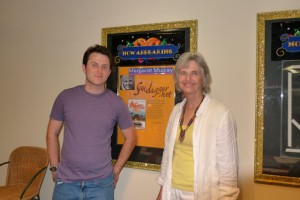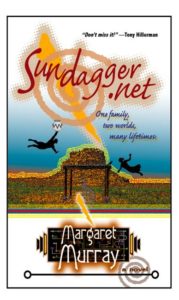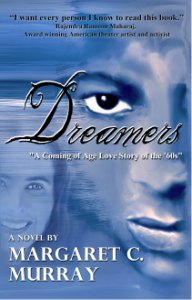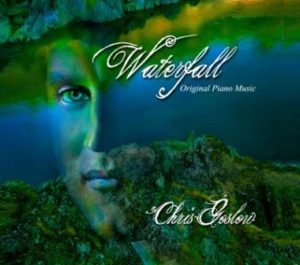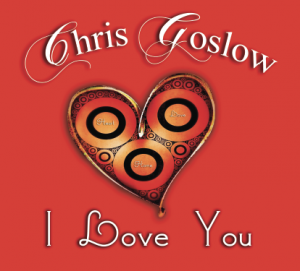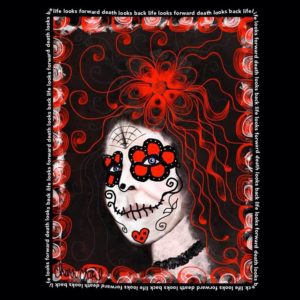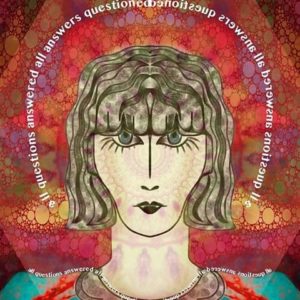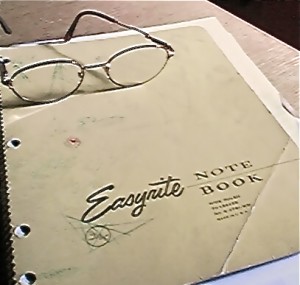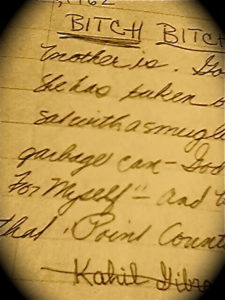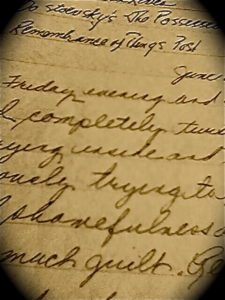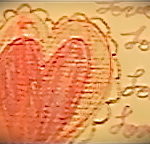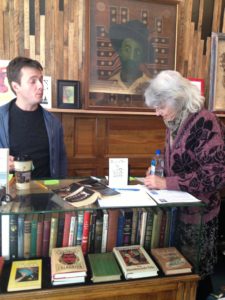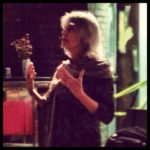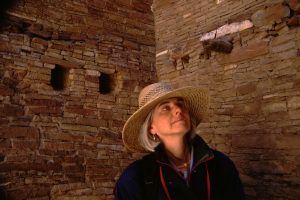
Writing workshops have made a difference in my life, sending me on a fascinating journey that allowed me to create my own. I call my workshop “From Heart to Paper” to express the well of deep feeling which writers work from and the fire of creativity which a good workshop kindles.
The first workshop I went to was back in the ’60s when I was a writing fellow at the prestigious Provincetown Fine Arts Work Center in Provincetown, Massachusetts. You can imagine my glee at being one of only seven writers to live at that iconic artists’ colony all winter.
The P-town workshop had no daily agenda or schedule. We young writers simply wrote away in the luminous snowy landscape of Cape Cod, basking in our singular status. We became more or less friendly, shared our writing as we chose, and met nightly at beer joints to talk, drink, flirt and more. Back then I felt like one of those dreamy, lonely girls with big, haunting eyes in the mass-produced Keane paintings. Oh, how I lusted for the attention of the famous writers who came to the Cape, showing up at parties hosted by local artists. How I envied them their readings, their stacks of autographed books. I desperately wanted to walk in their shoes. Since then, this workshop has haunted me along with the writing world it represented.
Fast forward ten years. I’m married with two children, living in Northern California in a communal house. My housemate and I, loving books and the art of writing, start the Rich & Famous Writers Workshop. Now, decades later, five of us still meet. Why? Because our meetings are full of fascinating literary conversation, inspiring feedback, understanding and encouragement I can trust. It is in this workshop that I salvaged my dreams from Provincetown; here I can perfect the tools to teach my own From Heart to Paper workshops.
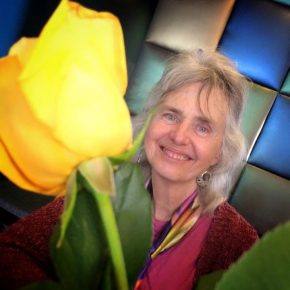
I chose the motto, “A flower is never opened with a hammer” to remind me how important respect, gentleness, patience and the resulting beauty is to fostering creativity. I’m committed to teaching whatever gives writing students space, time, tools and encouragement to focus on their work.
Whether you are a beginning or long-time writer, or reader with a story that haunts you, the From Heart to Paper Writing Workshop is here to support you in writing and completing your work.
From Heart to Paper Workshop Cost, Dates, & Locations
To register for my Elite Writing Workshop, click here.
For more about writers and Provincetown:
Read my blog: Admiration /Envy.
Read my short story: The Poet & the Baby.
Register for a Workshop Now!
Have questions? E-mail [email protected]

